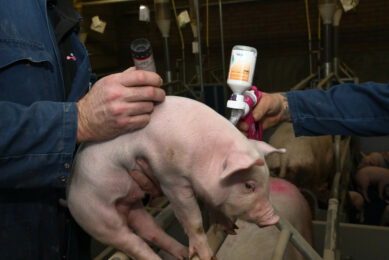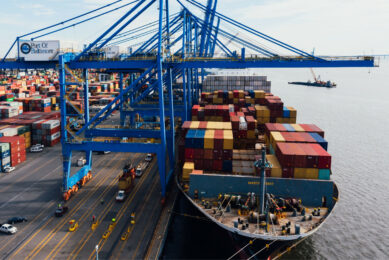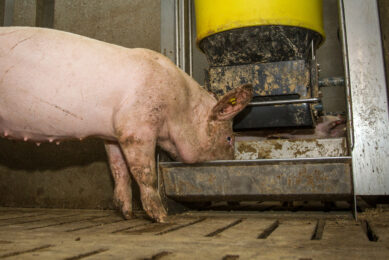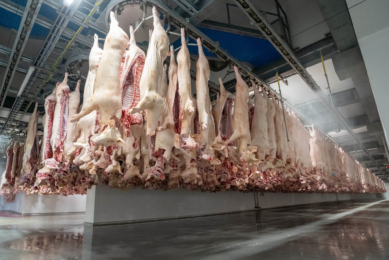New registration rules spell danger for antibiotics market Russia
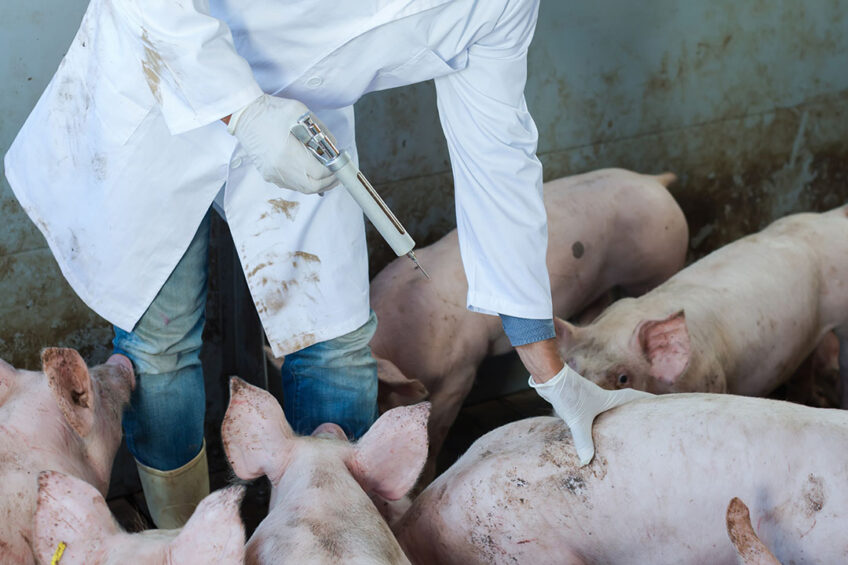
Russia’s veterinary antibiotics market faces turmoil as new registration rules promise to wipe out the lion’s share of supply from the market in September 2023.
Only 160 varieties of foreign antibiotics could be left on the Russian market in the next few months, according to Semen Zhavoronkov, executive director of the Russian Association of veterinary pharmaceutical companies. Today, the Russian market boasts some 2,000 varieties, of which nearly a 1,000 are imported, he estimated.
Involuntary withdrawal
New rules will come into force on September 1, under which manufacturers of antibiotics must comply with the GMP requirements in Russia. The problem is that these requirements have not been standardised in Russia yet, which means it is unrealistic to comply with them.
The involuntary withdrawal of antibiotics suppliers from the Russian market threatens farmers, including those breeding pigs, Zhavoronkov said. Eventually, production costs will increase, triggering a rise in retail prices.
Facing the consequences
“If a bird gets sick, the egg will be less marketable, and producers see their margins dropping. Diseases are controlled by precisely those antibiotics supplied from abroad,” Gleb Samoilov, manager at drug supplier Avpharm, told local publication Agroinvestor.
The repercussions of the antibiotics market reform might be profound. Zhavoronkov warned that Russian livestock export could suffer since ensuring product safety could be problematic. He estimated that dependence on imported antibiotics in Russia remains enormous. In the poultry segment, it is close to 80%, compared to 70% in pig farming and 50% to 60% in cattle breeding.
Unofficial import to perk up
The anticipated problems could cause a spike in the supply of antibiotics through various grey and black channels, market participants warned. Over the past year, due to Western sanctions, some products disappeared from the market. Zhavoronkov reported that supplies through grey and black import channels surged with 30% to 35%, though the prices spike 5 or even 10 fold.
The Russian veterinary watchdog Rossselhoznadzor has repeatedly been calling farmers to switch to domestic antibiotics. However, Zhavoronkov stated that they often cause undesired side effects.
Hopes on China
Switching to Chinese or Indian antibiotics is also an ubndesirable alternative, according to Avpharm. First, it is difficult, expensive, and time-consuming for these to obtain GMP certification. “Everything is ambiguous; there is no market stability. But China, unlike other countries, dictates strict terms of supply. There are risks that Russian drugs will be crushed by Chinese import in terms of volume, price and quality,” Zhavoronkov said.



